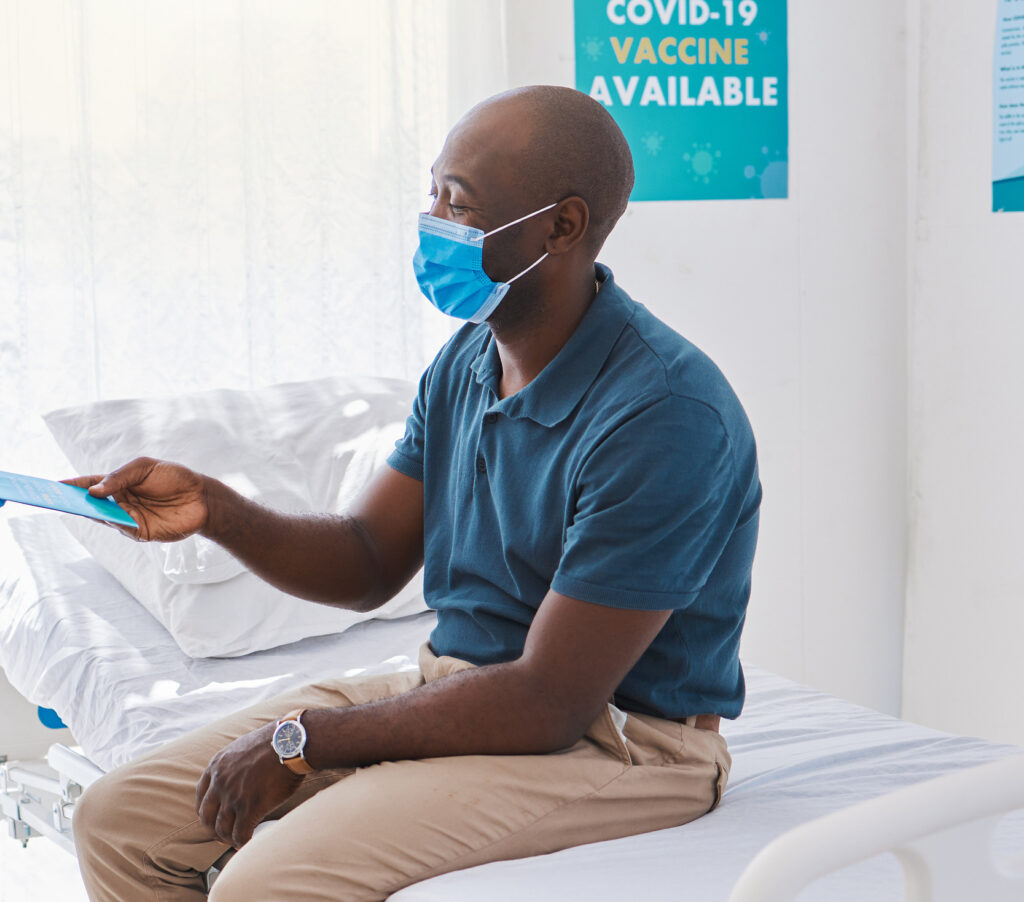Study Shows Black Men at Higher Risk of Melanoma-Related Deaths

[ad_1]
Melanoma, the most aggressive form of skin cancer, poses a significant health concern worldwide. New research has shed light on the racial disparities in melanoma survival rates, with a particular focus on Black men. A study published in the Journal of the American Academy of Dermatology highlights the stark contrast between survival rates among Black and white men. The findings emphasize the urgent need to understand and address the factors contributing to the higher mortality risk for Black men with melanoma.
Late Diagnosis and Advanced Stages

The study revealed a troubling trend in the diagnosis and staging of melanoma among different racial groups. Nearly half of the Black men in the study were diagnosed with advanced-stage melanoma, compared to only one in five white men. Early detection is crucial in melanoma treatment, as it allows for surgical removal of the lesion before it spreads to lymph nodes or distant organs. Advanced-stage diagnoses not only necessitate more invasive treatments such as immunotherapy or chemotherapy but also significantly reduce the chances of survival.
Survival Rates and Disparities
The study’s findings also exposed significant disparities in survival rates among racial groups. White men exhibited the highest five-year survival rate at 75.1%, while only about half of Black men (51.7%) survived for the same duration after diagnosis. This discrepancy is cause for concern and prompts a deeper exploration of the underlying factors contributing to the disparity.
Factors Influencing Late Diagnosis

One potential explanation for the late-stage diagnoses in Black men is the differing ways melanoma manifests in this population. While other racial groups in the study were more likely to exhibit superficial spreading melanoma, characterized by abnormal skin lesions, Black men showed a higher propensity for acral melanoma on their hands or feet.
The inconspicuous nature of melanomas in these locations may contribute to delayed diagnosis. Additionally, lower rates of private insurance coverage among Black men and a general tendency among men to seek medical care less frequently than women were identified as potential contributing factors.
Unmeasured Factors and Challenges
Despite accounting for the stage at diagnosis, men in general still exhibited worse overall survival rates than women with melanoma. This discrepancy suggests the presence of unmeasured social, genetic, tumor-specific, and potentially biological factors that impact melanoma outcomes.
Factors such as hormonal variations and immune system responses to melanoma tumors require further investigation. Moreover, darker-skinned individuals often mistake melanoma for other skin conditions, leading to delays in seeking care and receiving definitive treatment.
Addressing Racial Disparities in Melanoma Care

The study’s findings underscore the pressing need to address racial disparities in melanoma survival rates. Efforts should focus on improving access to dermatological care and promoting awareness among both patients and healthcare providers. Identification and diagnosis of melanoma lesions in a timely manner can lead to improved outcomes. While increasing education and training for healthcare professionals, with a specific emphasis on recognizing melanoma in atypical sites, can help mitigate the risks faced by underserved populations.
Perhaps the most alarming stat in the study is the disparity in melanoma survival rates among racial groups, particularly those faced by Black men. Late-stage diagnoses, distinct tumor characteristics, and delayed medical care-seeking contribute to the lower survival rates observed in this population. By prioritizing early detection and interventions, healthcare providers and communities can work together to narrow the survival rate gaps and improve melanoma care for all individuals.
[ad_2]
Source link
